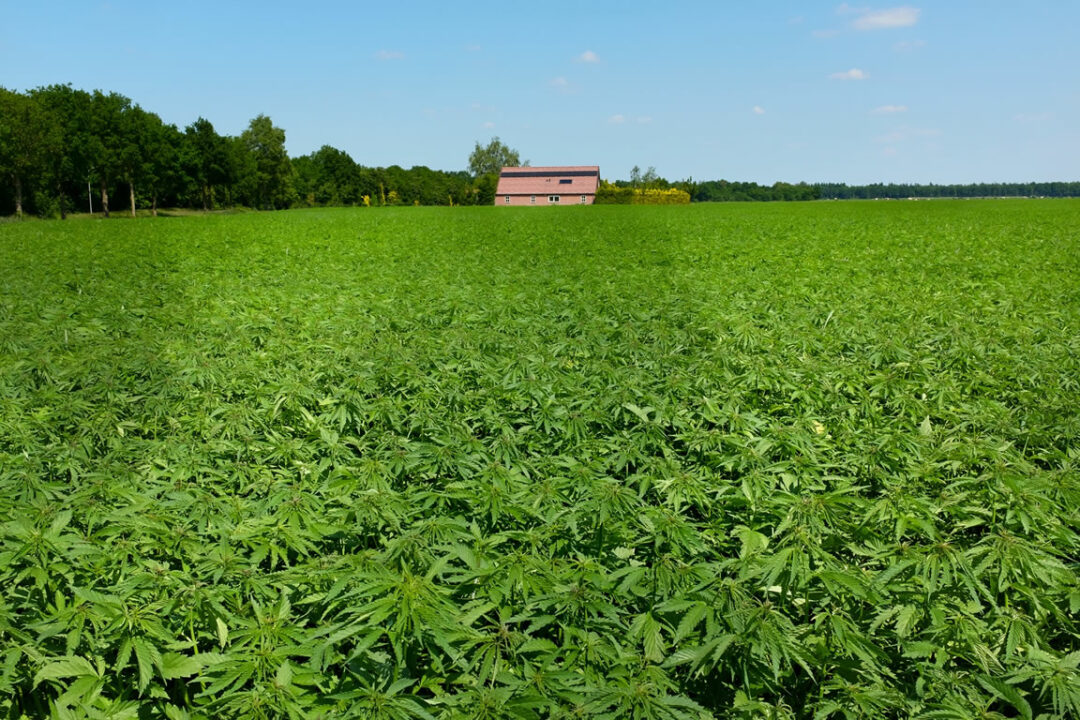Wisconsin has rolled back its previous announcement on the illegality of selling and possessing cannabidiol (CBD) oil. In early May, the Wisconsin Department of Justice (DOJ) advised law enforcement agencies and the public that CBD oil was still illegal, despite laws passed in recent years legalizing its use in limited circumstances. The Wisconsin Statewide Intelligence Center issued areportstating that store owners and purchasers could be subject to arrest.
CBD oil is one of the active compounds of the marijuana plant, alongside the psychoactive tetrahydrocannabinol (THC), which makes marijuana a Schedule I narcotic under federal law. Possessing or distributing CBD oil containing any level of THC is illegal in Wisconsin, according to the DOJ.Hempextracts rich in CBD contain less than 0.3% THC. Products in states that have legalized the recreational use of marijuana will contain more THC. The authorities failed to distinguish between hemp and marijuana, which are different varieties. The latter is more rich in THC than CBD and hemp has more CBD and nominal THC.
A week later, Wisconsin Attorney General (AG) Brad Schimel issuedguidanceconfirming this, claiming that law enforcement felt people were getting hurt or sick from products claiming to contain CBD.
But on May 10th, AG Schimel reversed course. After meeting with key stakeholders, Schimelannouncedthat Wisconsin’s industrial hemp program allows Wisconsin farmers to grow and sell industrial hemp, as long as they obtain a permit and abide by state requirements, and that products made from industrial hemp, including CBD, are lawful.
“DOJ remains committed to ensuring that CBD oil for sale at retail outlets is safe for consumers... With the 2018 Farm Bill now working its way through Congress, it is likely that our current laws will be changed even further to make industrial hemp’s legality clear," AG Schimel says. "Therefore, I am advising law enforcement not to take enforcement action against products made from industrial hemp that is grown under a lawful hemp research pilot program, including CBD, until Congress considers changes to the law, enabling the Wisconsin State Legislature to further the status of these products.”
During the meeting, the AG, DOJ senior staff, members of the legislature, Wisconsin Farm Bureau Federation, and members of the Department of Agriculture, Trade and Consumer Protection (DATCP) all agreed that farmers who follow the state DATCP's rules and regulations may do the following:
- Grow industrial hemp without fear of criminal prosecution;
- Sell the entire industrial hemp plant or parts of the plant to anyone;
- Process the plant as permitted by DATCP's rules and regulations, which includes producing CBD.
For related stories, see the following:
NC Industrial Hemp Pilot Program May Move Forward
Sen. McConnell Introduces Bill to Legalize Hemp










